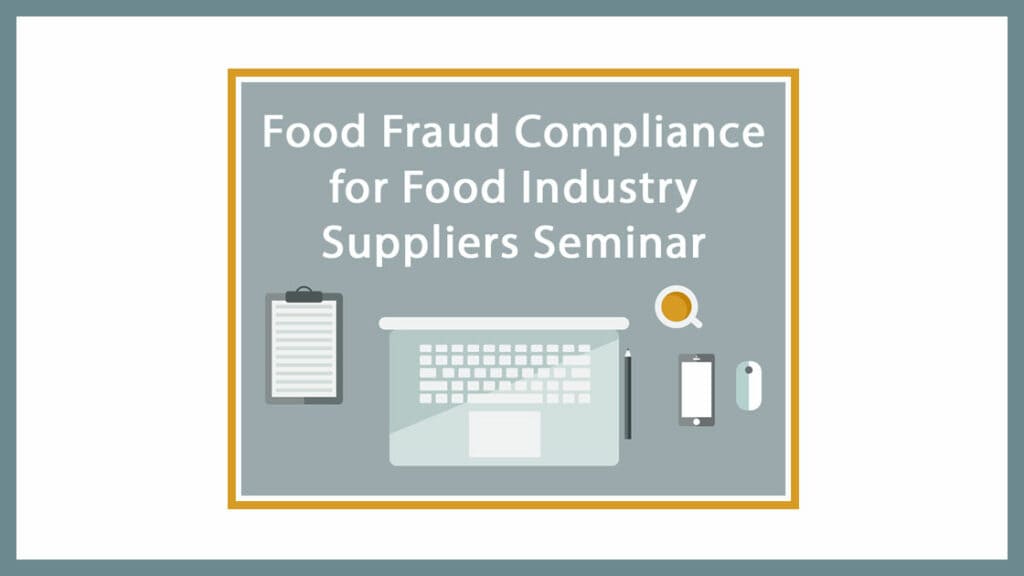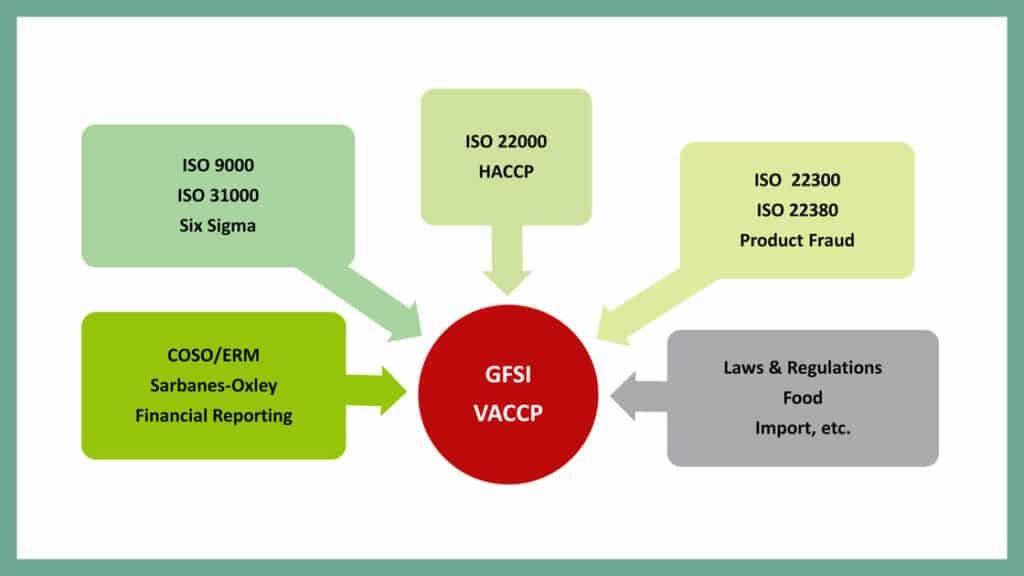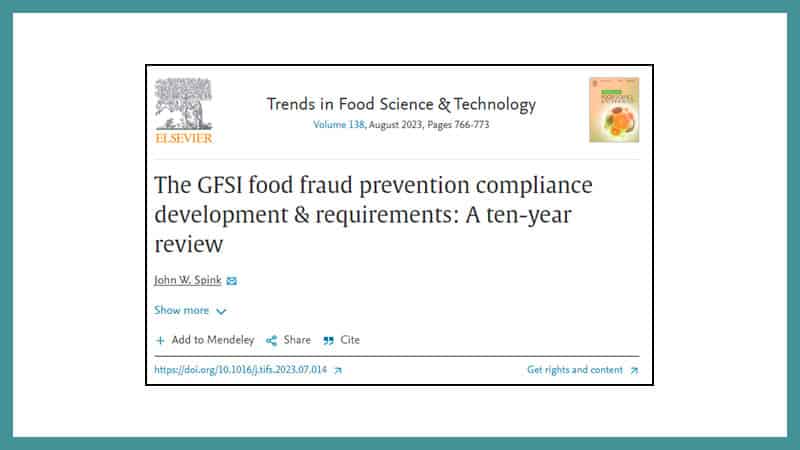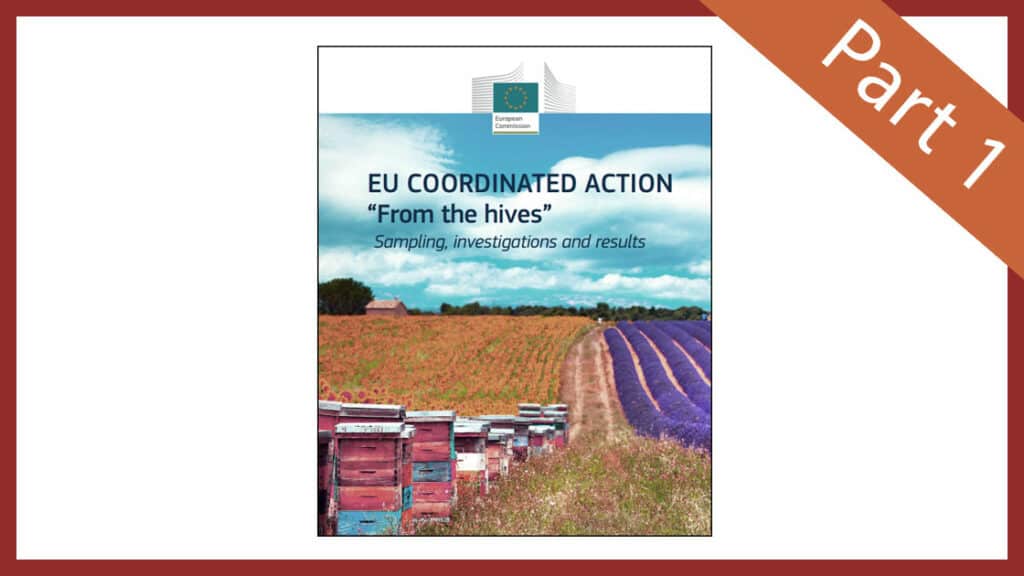New Report – Enterprise Risk Management: Implementation and Best Practices for Food Fraud Prevention with a Survey
This is a follow-up to our 2017 Food Fraud Insight Report (FFIR) on “Applying Enterprise Risk Management to Food Fraud Prevention.” This new report leveraged our most recent industry survey to gain insight. The evolved Kerry Global Supply Quality Risk and Vulnerability Management System demonstrates a best practice […]

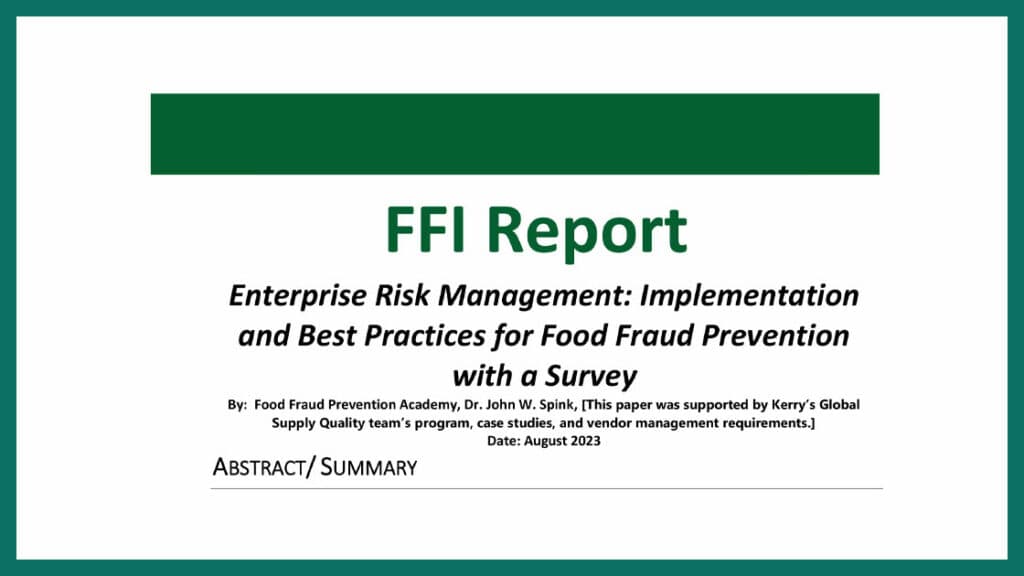
 By
By 
